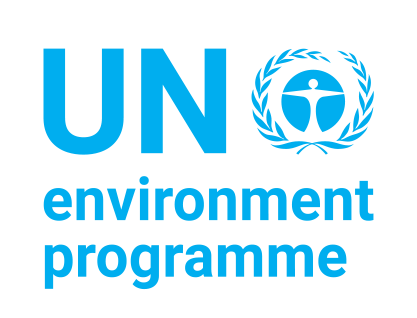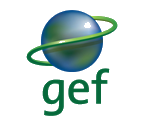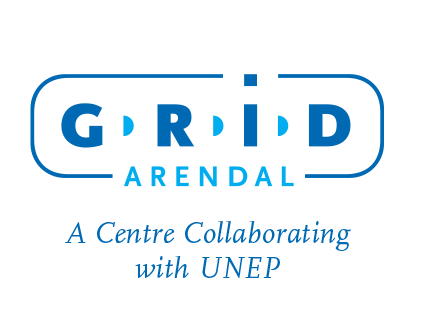 |
The United Nations Environment Programme is the leading global environmental authority that sets the global environmental agenda, promotes the coherent implementation of the environmental dimension of sustainable development within the United Nations system, and serves as an authoritative advocate for the global environment. UN Environment Programme’s Economy Division in collaboration with the Ecosystem Division, leads Component 3 of the GEF Marine Plastics Project.
https://www.unenvironment.org
|
 |
The Global Environment Facility (GEF) was established on the eve of the 1992 Rio Earth Summit to help tackle our planet’s most pressing environmental problems. Since then, the GEF has provided over $17 billion in grants and mobilized an additional $88 billion in financing for more than 4000 projects in 170 countries. Today, the GEF is an international partnership of 183 countries, international institutions, civil society organizations and the private sector that addresses global environmental issues. GEF provides the core financial support for the GEF Marine Plastics Project. https://www.thegef.org
|
 |
The New Plastics Economy is an ambitious, three-year initiative to build momentum towards a plastics system that works. Applying the principles of the circular economy, it brings together key stakeholders to rethink and redesign the future of plastics, starting with packaging. The initiative is led by the Ellen MacArthur Foundation in collaboration with a broad group of leading companies, cities, philanthropists, policymakers, academics, students, NGOs, and citizens. The New Plastics Economy leads Component 1 of the GEF Marine Plastics Project. https://newplasticseconomy.org/about |
 |
Ocean Conservancy (OC), founded in 1972, focused on the protection of whales, seals and sea turtles in its early years. In the 1980s, it expanded its strategy towards an ecosystem-based approach, and fought for the protection of key habitats under the U.S. Marine Sanctuary Program. OC staff initiated the very first International Coastal Cleanup in 1986. Today, Ocean Conservancy is a science-based organization that seeks solutions for a healthy ocean and the wildlife and communities that depend on it. Ocean Conservancy leads Component 2 of the GEF Marine Plastics Project. https://oceanconservancy.org |
 |
GRID-Arendal was established in 1989 to support environmentally sustainable development by working with UN Environment and other partners. GRID communicates environmental knowledge that strengthens management capacity and motivates decision-makers to act. It transforms environmental data into credible, science-based information products, delivered through innovative communication tools and capacity building services. GRID leads Component 4 of the GEF Marine Plastics Project. http://www.grida.no
|




